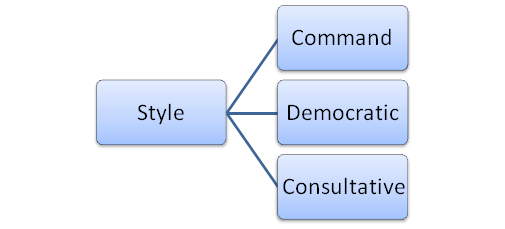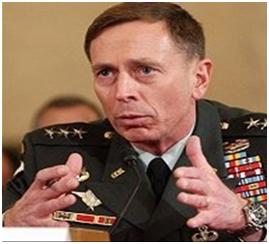 |
|
 |
Command Command decision making is the traditional top-down, hierarchical management model. It is effective when processes or products are similar to previous examples and when management has knowledge and experience that lower-level staff does not. It is efficient but can be ineffective when you are trying to change a process or product. In addition, in a large, highly layered organization, command decisions by upper management may seem irrelevant to lower-level employees. The team morale might do down when you apply this method too frequently. |
 |
Democratic Majority of those most directly affected by the decision makes democratic decisions. Voices that might otherwise be unheard are allowed into the decision making process, but it can be inefficient, cacophonous, and confusing.
|
 |
Consultative Consultative decision making hybridizes the preceding models. It is an authority-based model in which managers solicit input from the affected before making decisions. It is valued for allowing diverse voices into the process while yielding clear, final decisions for which one party is accountable. |
| A manager may use all three types, switching from one to another depending on the situation.
Source: 101 things I Learning in Business School by Michael W. Preis with Matthew Frederick |
|